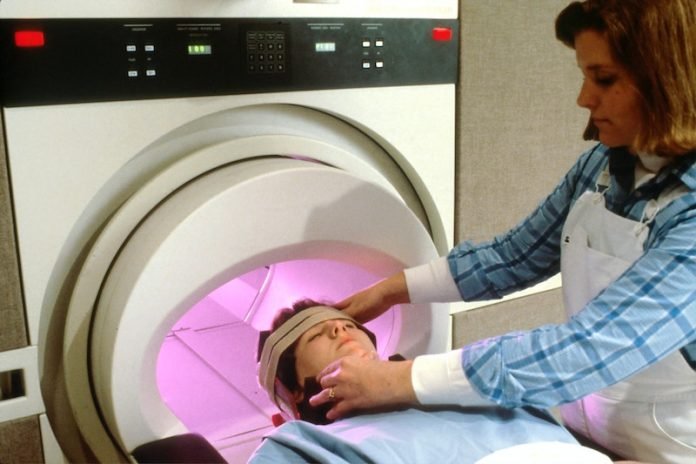
Understanding Glioblastoma: A Tough Nut to Crack
Glioblastoma is a type of brain cancer that’s notoriously difficult to treat. This aggressive disease often comes back even after intense treatment involving surgery and chemotherapy.
Sadly, when it does return, doctors don’t have many options left. But a recent study offers a glimmer of hope.
A Unique Approach: Using Viruses and Immunotherapy
An international team of researchers, including Drs. Farshad Nassiri and Gelareh Zadeh from the University Health Network (UHN) in Toronto, conducted a two-phase clinical trial.
Their mission? To find out whether a new treatment approach could be safe and effective against glioblastoma.
The innovative treatment involves two steps. First, the doctors inject an “oncolytic” virus directly into the tumor. This virus has a special mission: to target and kill cancer cells. But that’s just the first part.
Then, patients receive intravenous immunotherapy, specifically an anti-PD-1 antibody. This type of treatment is designed to stop cancer from hiding from the body’s immune system.
The Results: Prolonged Survival and Eradicated Tumors
The results of the study were encouraging. The combination of the oncolytic virus and immunotherapy not only showed to be safe and well-tolerated, but it also prolonged the survival of patients.
The average survival rate was 12.5 months, a significant improvement from the usual 6-8 months seen with existing treatments.
The researchers also observed that some tumors shrunk, and in a few instances, they disappeared completely.
This was especially remarkable given that the patients in the trial did not undergo tumor resection. They only received the virus injection, marking a new treatment approach for glioblastoma.
A Bonus Discovery: A New Genetic Signature
Aside from the promising results of the clinical trial, the researchers also discovered a new genetic signature within tumor samples.
They believe this could help predict which patients with glioblastoma are most likely to respond to the treatment.
The Power of Collaboration
The success of the trial was due to the collaborative efforts of a dedicated team, which included not only the research and safety teams but also the brave patients and their families.
The research was also made possible by the generous funding from the Wilkins Family.
Next Steps: More Work Ahead
The researchers plan to take their findings further by testing the effectiveness of the combination therapy against other treatments in a randomized clinical trial.
While they are encouraged by the results, they acknowledge that there’s still a lot of work ahead.
But their ultimate goal remains clear: to help their patients. This driving force is what propels them to continue their research.
In conclusion, the study, which has shown favorable results for glioblastoma treatment, marks a significant step forward in the fight against this aggressive brain cancer.
The novel approach and the discovery of a new genetic signature could potentially pave the way for more personalized treatments in the future, offering hope for patients and their families.
If you care about cancer, please read studies about dry shampoo and cancer risk, and vitamin D supplements strongly reduces cancer death.
For more information about health, please see recent studies about how drinking milk affects the risks of heart disease and cancer and results showing higher intake of dairy foods linked to higher prostate cancer risk.
The study was published in Nature Medicine.
Copyright © 2023 Knowridge Science Report. All rights reserved.



